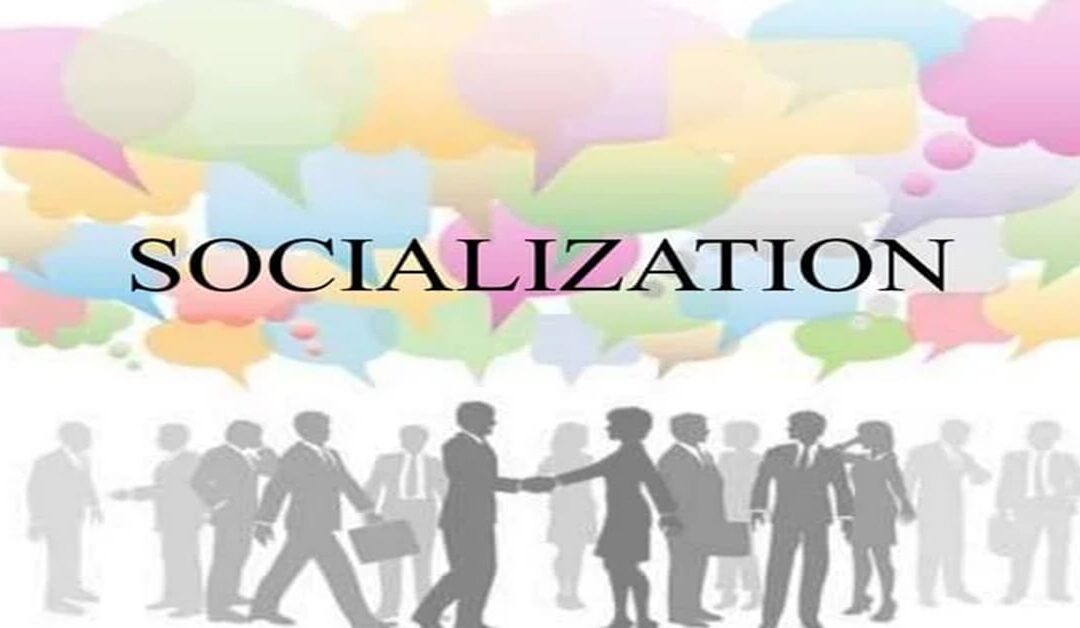Socialization plays a pivotal role in shaping individuals and fostering a harmonious society. This complex process not only transforms individuals into social beings but also embeds within them the values, beliefs, and knowledge necessary for a cohesive community. Here, we delve into ten key reasons why socialization is crucial for both personal development and societal stability.
1. Socialization Transforms Humans into Social Beings
Humans are not born with the qualities necessary for group life; instead, they acquire them through socialization. As a child interacts with others, they learn behaviors, beliefs, and values that are fundamental to participating in society. Cases like Kamala, Amala, and Anna—children who lacked early human contact—demonstrate how essential socialization is to cultivating human characteristics. Through socialization, individuals evolve from biological entities into social beings, learning the norms that allow them to engage meaningfully with others.
2. Personality Development through Socialization
Personality is not an innate trait but a developed attribute, and socialization is key to its formation. Interacting with society imbues individuals with the characteristics that shape personality, from moral values to personal aspirations. Socialization enables one to take on various roles, such as family member, professional, or citizen. In these interactions, people cultivate values that contribute to their personal and social identities, allowing them to relate better within the larger framework of society.
3. Discipline and Order Stemming from Socialization
Discipline is an outcome of learning societal rules, norms, and practices through socialization. A disciplined individual contributes to social order, while indiscipline leads to societal chaos. By instilling discipline, socialization helps people respect social boundaries and rules, which in turn fosters stability and security. This structure not only enables personal success but also reinforces a well-ordered society, facilitating mutual respect and peaceful coexistence.
4. Development of Social Roles and Rational Attitudes
Throughout life, individuals assume various social roles that require distinct ethics and behaviors. Socialization imparts the attitudes necessary to perform these roles responsibly, challenging traditional biases and inspiring a rational, democratic perspective on issues like gender, race, and caste. This process encourages individuals to adopt progressive views, contributing to a more equitable society where roles are defined by personal merit rather than by stereotypes.
5. Knowledge Acquisition and Skill Development
Socialization is fundamental to acquiring a wide range of skills, from basic life skills to complex professional competencies. Through social interaction, individuals learn the practical knowledge required for social, cultural, and economic participation. Socialization imparts skills that range from daily tasks like personal hygiene and household management to specialized activities like operating technology and conducting business, making individuals more self-reliant and capable members of society.
6. Fostering Right Aspirations and Moral Values
Socialization aids individuals in developing aspirations that align with social welfare. As people internalize societal expectations, they become more inclined to pursue aspirations that support community harmony. When personal desires conflict with societal norms, socialization helps individuals choose actions that benefit society as a whole, promoting a balance between self-interest and social good.
7. Social Security through Cultural Continuity
Socialization preserves cultural heritage, which in turn fosters social security and stability. By passing down cultural practices, values, and norms from one generation to the next, socialization enables societies to uphold traditions while making room for new achievements. This shared cultural foundation unites individuals under a common identity and encourages behaviors that uphold social stability and communal respect.
8. Bridging Social Gaps
India, with its diverse social structure, faces challenges of prejudice and discrimination across caste, creed, language, and region. Socialization can play a significant role in reducing these social distances. By fostering understanding and mutual respect, socialization diminishes prejudices, building a sense of unity amidst diversity and encouraging individuals to appreciate the varied backgrounds within society.
9. Socialization as a Path to a Brighter Future
Socialization is a powerful societal tool for shaping a prosperous future. As Kingsley Davis notes, by refining socialization practices, societies can transform human nature and promote positive changes. By imparting systematic social education, society can cultivate a new generation capable of tackling the unique challenges of tomorrow, paving the way for more enlightened communities.
10. Cultural Continuity through Socialization
Socialization ensures the continuation of culture by transmitting essential cultural elements—like beliefs, practices, language, and ideals—across generations. This continuity strengthens society’s cultural fabric, preserving identity and fostering a shared sense of belonging. By socializing each generation, society secures its values and traditions while adapting to the changing world, enabling a harmonious balance between heritage and innovation.
Conclusion
Socialization is integral to the personal growth of individuals and the stability of society. It empowers people with the knowledge, skills, and values necessary to lead fulfilling lives within a larger community, building a more connected, disciplined, and forward-looking society.

